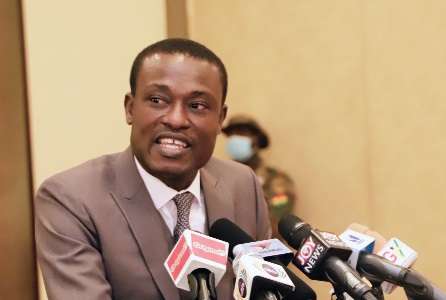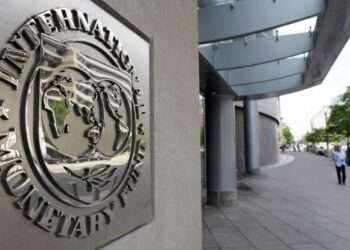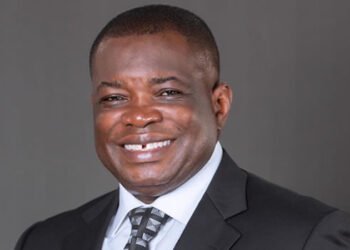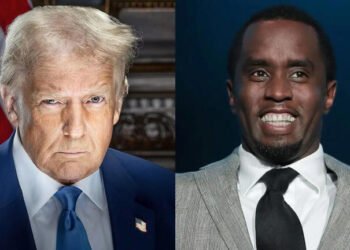Victoria Bright, a prominent lawyer and former legal advisor to President J.A. Kufuor, has expressed strong support for the Office of the Special Prosecutor (OSP) and Kissi Agyebeng, especially in the Special Prosecutor’s efforts to hold former Finance Minister Ken Ofori-Atta accountable.
Adding to the ongoing national debate over the recent investigative actions by the Office of the Special Prosecutor, Bright noted that there is no indication that the Special Prosecutor’s actions are politically motivated.
She argued that Agyebeng is simply fulfilling his mandate, a constitutional responsibility that should be shielded from political interpretations.
Stressing the importance of this office, Bright noted that Ghana’s corruption challenges require robust and impartial institutions to address them.
“And I’m not saying that Ken is corrupt or otherwise, because I don’t know the full facts. But what I am saying is that if you’re a public official, you’re sworn in an oath, you’re in office, you have controlled our public finances over an eight-year period, and you are required to come and answer questions, then you should make it easy to answer those questions. ”
Victoria Bright
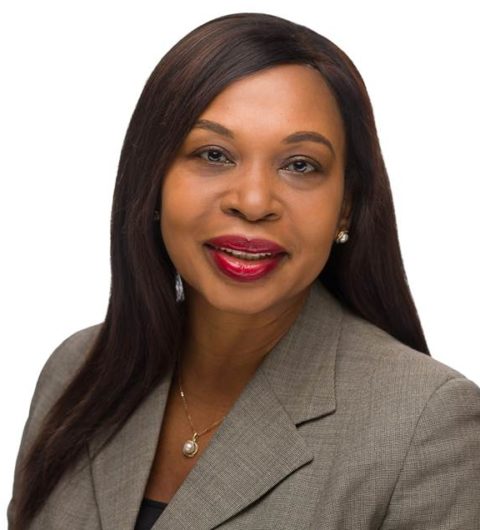
While she affirmed the importance of always upholding basic human rights, she also stressed that individuals entrusted with managing public funds carry an even greater responsibility to be transparent.
In her view, public accountability is not just a principle but a duty that becomes more critical when public resources are involved, as citizens have a right to know how their money is being spent.
Ghana Bleeds from Corruption’s Grip
Highlighting the gravity of the situation, Victoria Bright issued a strong warning that corruption is severely harming the country.
Bright’s remarks come in response to criticism of the OSP’s recent actions, including the inclusion of Ofori-Atta’s name in an Interpol Red Notice request.
“Interpol is not in the business of just naming people willy-nilly just because someone’s told them to do so. There are certain conditions you have to meet before they put you on that list, because it’s a very serious matter.”
Victoria Bright

She therefore interpreted the move as a clear indication that the case is being taken seriously by the relevant authorities.
In her view, such action reflects a commitment to due process and reinforces the importance of holding individuals accountable in matters involving public interest and financial governance.
Bright also dismissed the notion that the Special Prosecutor is acting out of a personal vendetta or job insecurity.
“And this issue about trying to protect his [Kissi Agyebeng] job, he’s a lawyer, for God’s sake. He can work anywhere. He can always earn a living as a lawyer. So let’s not reduce the discourse to that level.”
Victoria Bright
Therefore, she argued, it would be misleading to suggest that his current actions are driven by fear of losing his position.
She also pointed out that the case against Ofori-Atta is not being driven solely by the OSP. According to her, other national security agencies are also interested in engaging with the former minister.
This collective interest, she suggested, indicates the case’s gravity and the broader institutional concern about accountability at the highest levels.
OSP Needs Government Support To Deliver
Vitoria Bright also acknowledged the challenges faced by the Office of the Special Prosecutor in fulfilling its anti-corruption mandate.
She cautioned the public against rushing to judgment regarding the office’s performance, especially when previous and current Special Prosecutors have both spoken of working with limited government support.
“And consistently, they have both said that they were literally working with one or both hands tied behind their backs. So this is a government that I see is willing to support in the fight against corruption. So let us see how the OSP performs, being given a free hand to fight corruption. If it still can’t deliver, then we can have that conversation.”
Victoria Bright
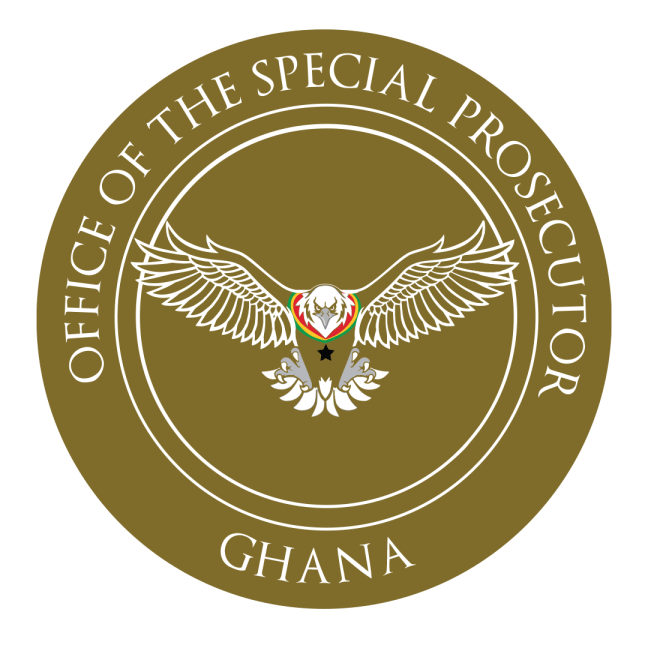
Citing the reopening of the Cecilia Dapaah case, Bright expressed cautious optimism about the OSP’s ongoing efforts.
She recalled the public’s bewilderment at the initial outcome of that high-profile investigation, noting that “we were all sort of sitting there with our jaws ajar.”
The decision to reopen the matter, in her view, signals a more determined phase in the fight against corruption.
Considering the issue of political bias, Bright reiterated her belief that the OSP’s actions are within the bounds of its legal authority and not tainted by partisan considerations.
“As far as I’m concerned, he’s not doing anything wrong so far,” she concluded, underscoring her support for the independence of the Special Prosecutor’s office.
Her remarks provide a timely counterpoint to claims that the OSP is being weaponized for political ends.
At a time when public trust in democratic institutions is being tested, Bright’s intervention reinforces the importance of allowing anti-corruption bodies to function without fear or favor.
As the OSP continues its work, national attention remains fixed on the outcome of its high-profile cases.
What remains clear from Bright’s perspective is that Ghana’s future depends on strong institutions and the courage to demand accountability from those who manage its wealth.
READ ALSO: Maya Blu Sparks Conversation About Highlife Genre

